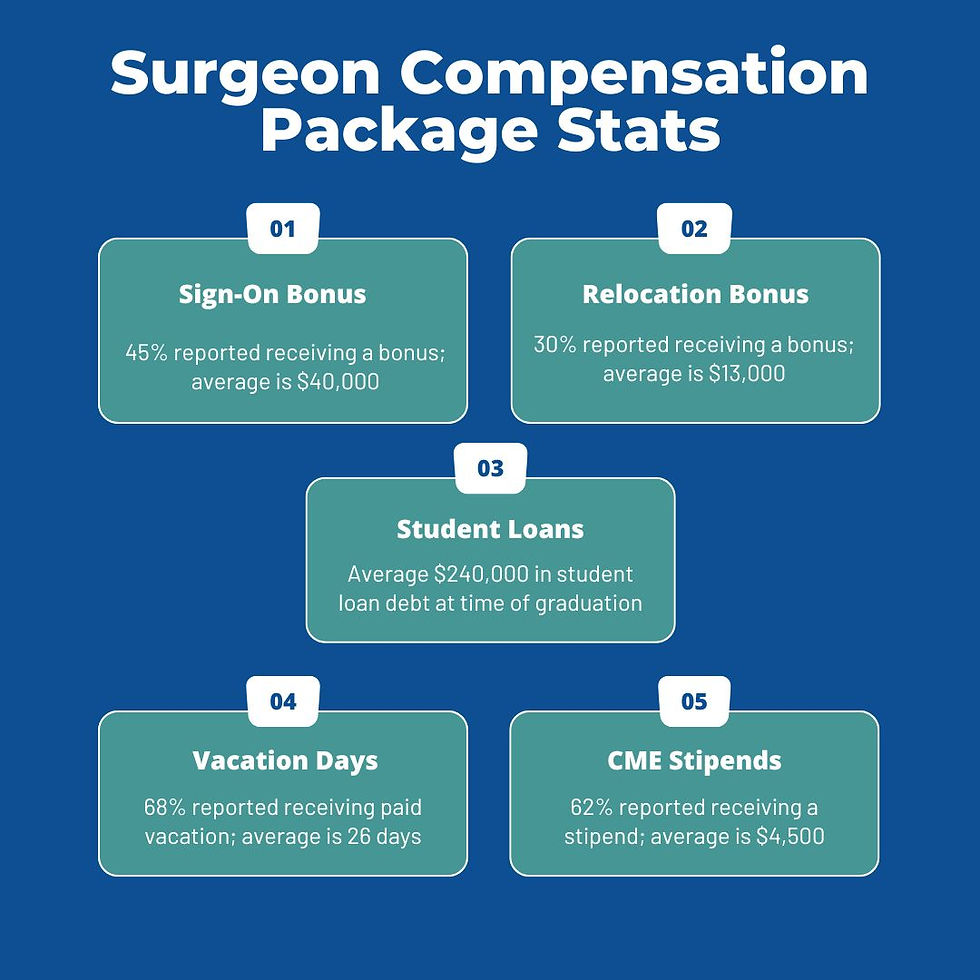The world of surgery is a demanding and highly specialized field, requiring years of rigorous training and dedication. It’s natural to wonder about the financial rewards that come with such a challenging profession. However, the question of “do surgeons get paid per surgery” is not as straightforward as it might seem. Surgeon compensation is a complex issue influenced by a multitude of factors, and a fixed fee per procedure is rarely the sole determinant of income. This article delves into the intricacies of surgeon compensation, exploring the key factors that shape their earnings and the diverse income streams they rely on.
This article will examine the various factors that contribute to a surgeon’s income, including their specialty, experience level, geographical location, and practice type. We’ll also explore the different ways surgeons generate revenue, shedding light on the multifaceted nature of their compensation.
Surgeon Compensation Factors
Several key factors play a crucial role in determining a surgeon’s compensation. These factors often interact and influence each other, creating a unique compensation landscape for each individual surgeon.
Specialty
The type of surgery a surgeon specializes in significantly impacts their earning potential. High-demand specialties, such as neurosurgery, cardiothoracic surgery, and orthopedic surgery, typically command higher salaries due to the complexity of procedures, specialized training required, and the critical nature of the conditions treated. On the other hand, less specialized fields, such as general surgery, may have lower average salaries.
Experience
As with most professions, experience is a valuable asset in surgery. Newly qualified surgeons typically earn less than their more seasoned counterparts. With increasing experience, surgeons gain expertise, build reputations, and command higher fees for their services. Senior surgeons with decades of experience often hold leadership positions, consult on complex cases, and may even own their own practices, further enhancing their earning potential.
Location
Geographic location plays a significant role in surgeon compensation. Surgeons practicing in urban areas with high costs of living and a greater concentration of patients often earn more than those in rural areas. Furthermore, surgeons in states with higher healthcare costs and a greater demand for surgical services may also see higher salaries.
Experience and Earnings

A surgeon’s experience level directly correlates with their earning potential. Newly graduated surgeons typically start with a base salary or a combination of salary and call pay. As they gain experience, they may negotiate higher salaries, take on more complex cases, and eventually transition to a fee-for-service model.
Experienced surgeons often have established reputations and patient bases, allowing them to command higher fees for their services. They may also have the opportunity to invest in their practices, hire additional staff, and expand their services, further increasing their income.
Location Impact on Surgeon Pay
Surgeon salaries can vary significantly depending on the geographic location. Urban areas with a high concentration of hospitals, medical centers, and affluent patients tend to offer higher salaries due to increased demand and higher costs of living.
Rural areas, on the other hand, may have lower salaries due to a smaller patient pool and lower healthcare costs. However, some rural areas offer incentives to attract surgeons, such as loan forgiveness programs or signing bonuses, to address healthcare disparities.
Income Streams for Surgeons

While the question of “how much do surgeons make per surgery” is complex, understanding the various income streams surgeons rely on provides a clearer picture.
Surgical Fees
Surgeons typically charge fees for each surgical procedure they perform. These fees are determined by factors such as the complexity of the surgery, the surgeon’s experience, and the geographic location.
Consultation Fees
Surgeons also earn income from consultations with patients. These consultations involve evaluating a patient’s condition, discussing treatment options, and answering questions. Consultation fees are typically charged separately from surgical fees.
Other Services
Many surgeons offer additional services, such as office visits, wound care, and pre- and post-operative care. These services generate additional revenue streams for surgeons.
Conclusion
Surgeon compensation is a multifaceted issue influenced by a range of factors, including specialty, experience, location, and practice type. While the notion of a fixed fee per surgery is simplistic, understanding the diverse income streams surgeons rely on provides a more comprehensive view of their financial rewards. From surgical fees and consultations to other services, surgeons generate income through a combination of methods, reflecting the complexity and value of their expertise in the healthcare field.



